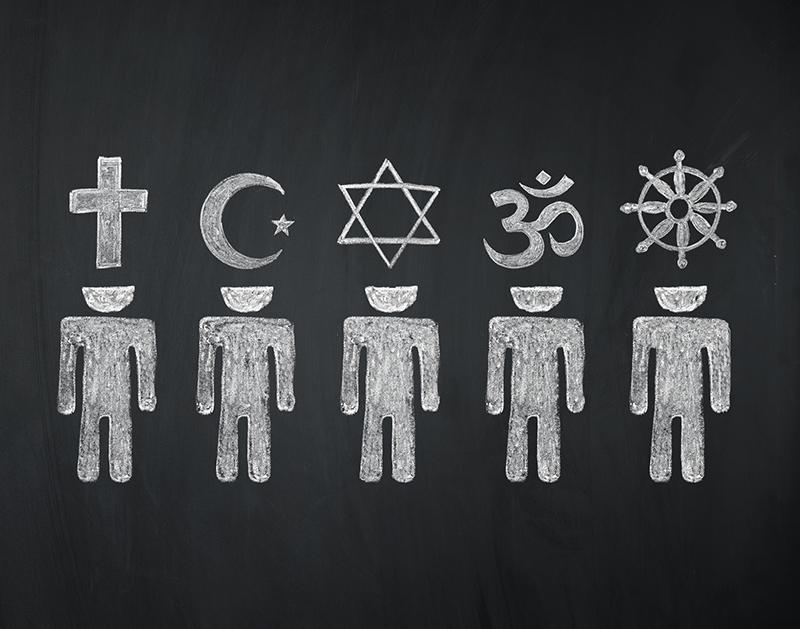Many of our readers are school districts or public employers whose employment law issues sometimes diverge from those of private businesses. Here is one: Government employers must respect employees’ First Amendment rights to free speech and religious expression. Private employers have no such legal duty. The contours of the rights (essentially to be free from employer retaliation for exercising them) is a matter of a lot of litigation. An employee’s rights must be balanced, however, with the government’s duty not to take actions that would seem to endorse a religion. On January 14, the U.S. Supreme Court said it would enter the ongoing fray yet again in a case in which the two values are in competition.
‘It’s Game Time!’
Joseph Kennedy, a devout Christian, was a high school teacher and football coach in Bremerton, Washington. After each game concluded, he would walk to the 50-yard line and offer up a silent prayer of thanksgiving. Activities would be happening around him, including the traditional handshakes between the competing players.
Sometimes the players would join Kennedy in prayer. From time to time, he would give short motivational speeches to the Bremerton students (sometimes joined by the competitors), and the talks would include religious content. No students were required to join him.
Someone saw the talks and complained to the school, and Kennedy was reprimanded and given a poor performance evaluation. The discipline included a recommendation that he not be rehired for a new school year for failing to (1) follow school district policy about religious expression or (2) supervise student-athletes after games. He didn’t return to the school.
And what was the policy? Teachers and coaches couldn’t engage in “any demonstrative religious activity” that’s readily observable by students and the attending public. When the facts of Kennedy’s actions are measured against the policy, he violated it.
So, What’s the Big Deal?
The First Amendment is a restraint on government action. A school district is a government body. Disciplining a public employee is such an action and thus is prohibited if it infringes on the individual’s right to free speech or religious expression. That’s what we have here.
But there’s an exception. If the speech or conduct is “in the course of” the employee’s duties, then it isn’t protected. Why? Back to the tension we mentioned in the introduction: The employee is representing the school, which has a duty to make sure it doesn’t endorse a religious belief (the obligation can be found in the First Amendment as well and is called the Establishment Clause).
When the case was appealed to the U.S. 9th Circuit Court of Appeals, the school district argued Kennedy’s job included modeling conduct to students and the public and that his post-game activities fell within his duties. By letting him pray, the district argued, it was endorsing his Christian beliefs.
Kennedy argued the school district’s exception swallowed the rule. As the coach’s lawyers put it, his “brief, personal acts of religious expression plainly were not undertaken as part of his job responsibilities as an assistant football coach (which only included deciding which plays to call and teaching how to tackle).” Consequently, the prayer couldn’t be seen as him acting on the school’s behalf. Nevertheless, the 9th Circuit sided with the school district. Kennedy v. Bremerton School District (U.S. Supreme Court, Docket Number 21-418).
Betting Line
Early Supreme Court odds favor Kennedy by a 6-3 or 7-2 vote. The Court tends to be solicitous of public employees in such scenarios. And watch for the argument that the school district could have used much less restrictive means to achieve its goals such as a simple disavowal that its decision to allow the prayer “wasn’t an endorsement of a particular religious belief.”
Finally, government bodies should look at their job descriptions and ask whether any prohibitions should be more narrowly tailored. The Court’s opinion will be out no later than June 2022.
Michael P. Maslanka is a professor at the UNT-Dallas College of Law. You can reach him at michael.maslanka@untdallas.edu.

